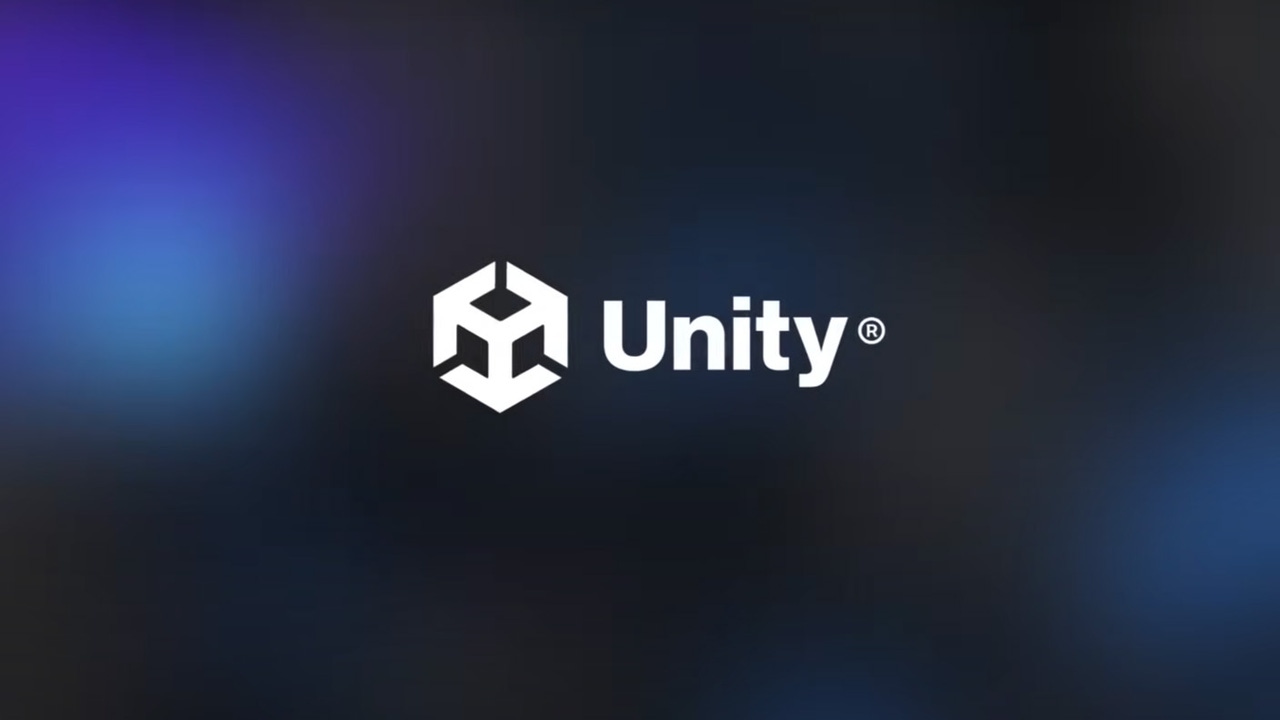Trending
Opinion: How will Project 2025 impact game developers?
The Heritage Foundation's manifesto for the possible next administration could do great harm to many, including large portions of the game development community.

Even after laying off over a thousand employees at the start of the year, game engine and monetization solutions developer Unity has yet to see the 'profitable growth' it sought. Today the company reported a 16 percent decline in revenue year-over-year (down from $533 million to $426 million), contributing to a net loss of $126 million for the time period ending July 31, 2024.
Unity's losses are nothing new, but their persistent presence was what drove an ill-advised "Runtime Fee" policy introduced in late 2023 that was altered for Unity 6 users after a mass uproar from developers. The good news is it is losing less money; net losses declined about 35 percent, decreasing from $193 million in 2023 to $126 million.
Some of Unity's revenue dip was expected given the company announced it would be winding down strategic partnerships and professional services that proven vestigial to its operations. What's surprising is that revenue from Grow Solutions (Unity's app monetization division, which houses what used to be IronSource and TapJoy) declined 9 percent year over year to $296 million. In a letter to shareholders, newly-installed CEO Matthew Bromberg cast a positive light on the news, saying the division had seen steady quarter-over-quarter growth, meaning it could make up that gap in the months ahead.
Create Solutions, the main hub for the Unity game engine, did see revenue growth despite the Runtime Fee fracas. Revenue from that division rose 4 percent year-over-year to $126 million.
If developers don't jump ship en masse and can swallow the new Unity 6 fees, that revenue could continue to grow.
The losses in Grow Solutions were enough for Unity to adjust its revenue guidance to $1.68 billion to $1.69 billion, down 2-3 percent from its previous forecast. Bromberg informed shareholders that this guidance reflects the company's "cautious approach" to the division's "recovery."
"Investments in fundamental product enhancements will take some time to manifest in sustainable increased performance," he penned.
On a post-report earnings call with investors he elaborated on that recovery, saying the company needs to focus on its machine learning and data infrastructure stack to better improve performance in ads and monetization. He implied that the company hopes to make fundamental improvements to its offerings, and not just pursue incremental upgrades.
The contrast between Grow Solution and Create Solutions this corner is something of an indictment of Unity's growth-focused business strategy under CEO Riccitiello, whose understanding of the video game market seemed to so hyperfixate on mobile monetization that he at one point called developers who didn't think ahead on monetization "fucking idiots."
While investors will continue to scrutinize Grow Solutions (which, for better or worse, will continue to earn more in revenue than its game engine division), developers will likely watch out for improvements in Unity 6 that justify keeping with the platform.
Bromberg stressed to analysts on the earnings call that Unity plays an important role in the video game ecosystem...but if faith in the company slips away, that role could diminish.
You May Also Like